This could be some sorta civilization moving itself in space.
The Hubble Space Telescope has spotted a runaway supermassive black hole racing through space followed by a tail of infant stars 200,000 light-years long.
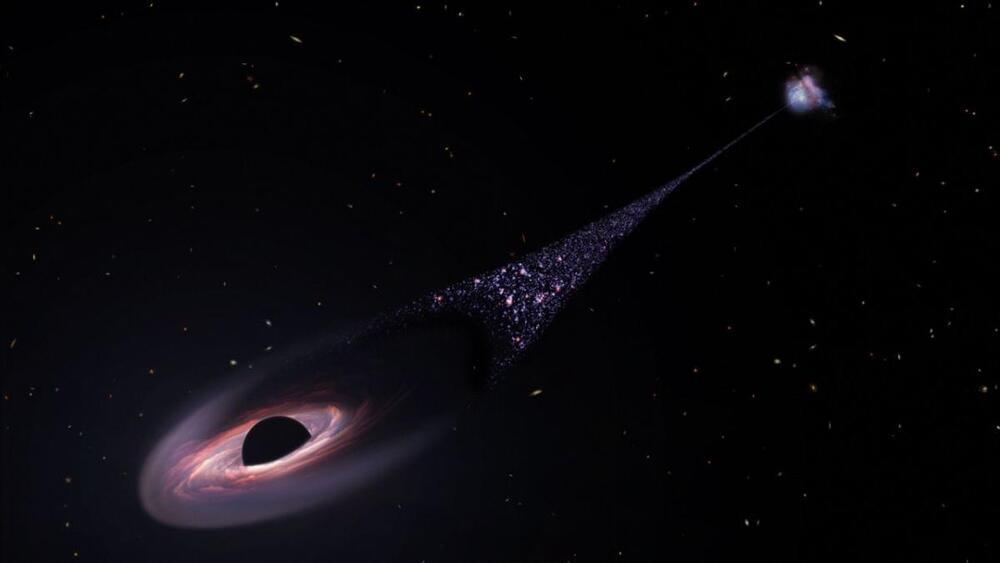
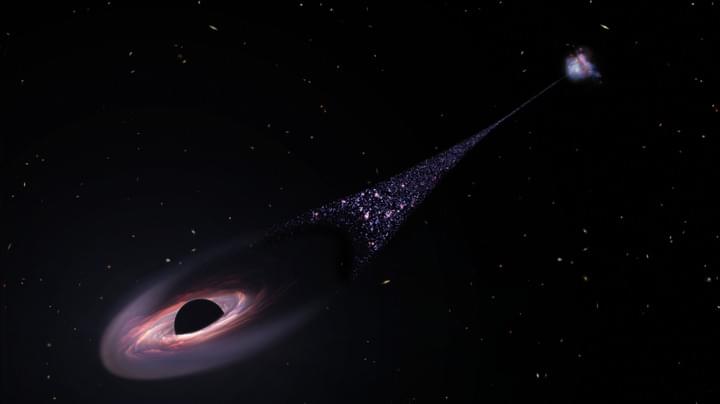
Unique object appeared to be scratches on Hubble images A “runaway” black hole shooting through the universe is like nothing ever seen, scientists have said. The object first appeared as “scratches” on images from NASA’s Hubble Space Telescope. But scientists now believe that it is a black hole, thrown out of its home galaxy and tearing through the cosmos, leaving a trail of stars in its wake.


Once confined to the pages of science fiction, they are said to create shortcuts for long journeys across the universe.
Scientists have found they may magnify light by a factor of 100,000 — which is key to finding the strange tunnels.
Albert Einstein predicted their existence more than a century ago in his theory of general relativity.
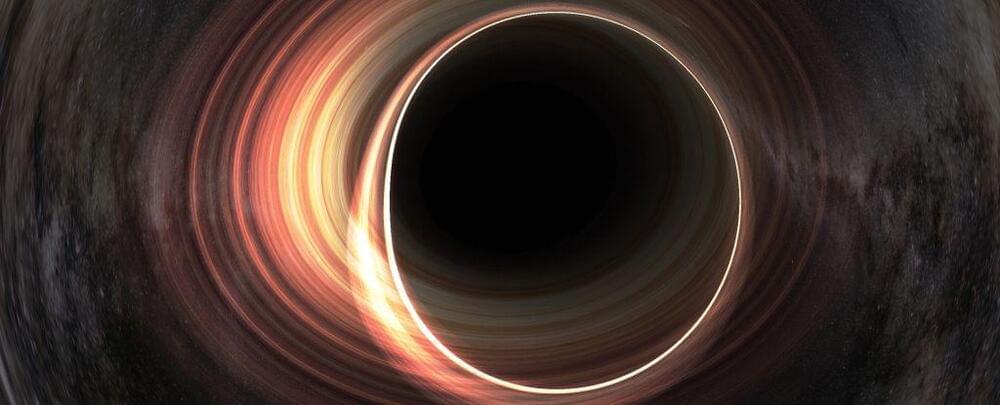
A synthetic analog of a black hole could tell us a thing or two about an elusive radiation theoretically emitted by the real thing.
Using a chain of atoms in single-file to simulate the event horizon of a black hole, a team of physicists observed the equivalent of what we call Hawking radiation – particles born from disturbances in the quantum fluctuations caused by the black hole’s break in spacetime.
This, they say, could help resolve the tension between two currently irreconcilable frameworks for describing the Universe: the general theory of relativity, which describes the behavior of gravity as a continuous field known as spacetime; and quantum mechanics, which describes the behavior of discrete particles using the mathematics of probability.
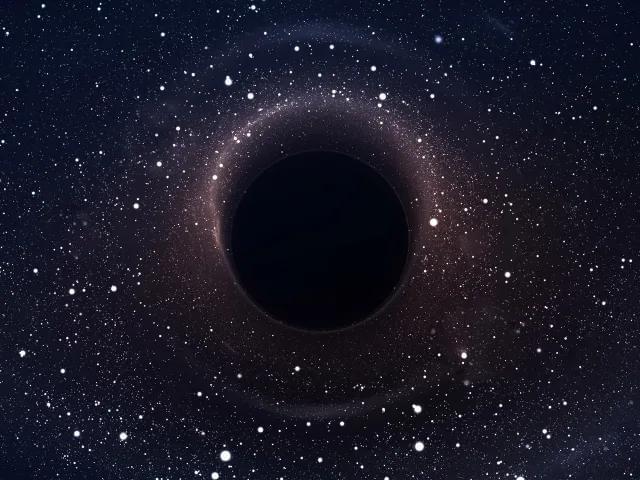
Black holes are found throughout our universe. However, astronomers have discovered two new black holes close to Earth that have raised some eyebrows. While discovering black holes near Earth isn’t unusual, these two holes are much further from their stars than expected.
This has presented some questions for astronomers because it differs from how these binary systems are usually set up. Normally, when a black hole and a star share a system, they are known as binary systems, and the black hole usually eats away at the star.
That eating of the star is what makes the black holes much easier to spot, as they give off high-energy readings. However, black holes like these found close to Earth that are further from their star are “dark,” not creating high bursts of energy because they aren’t eating away at their star.
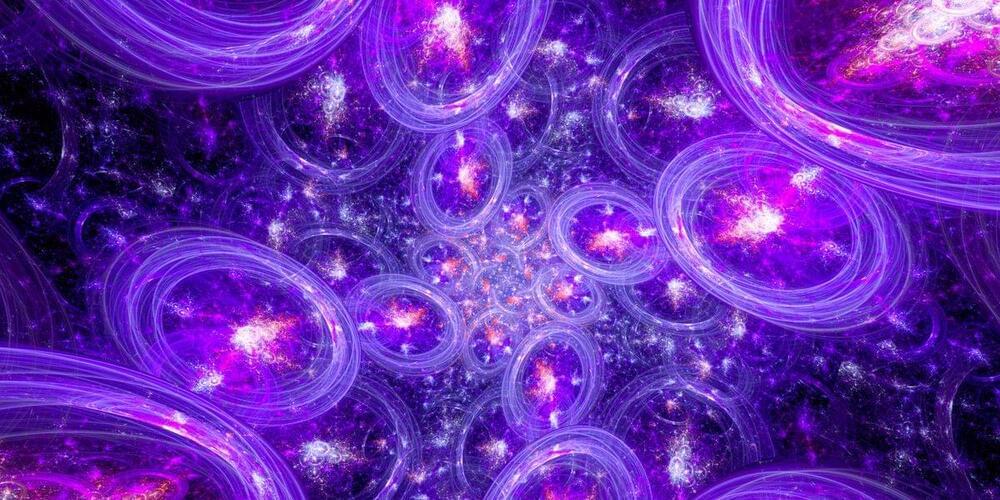
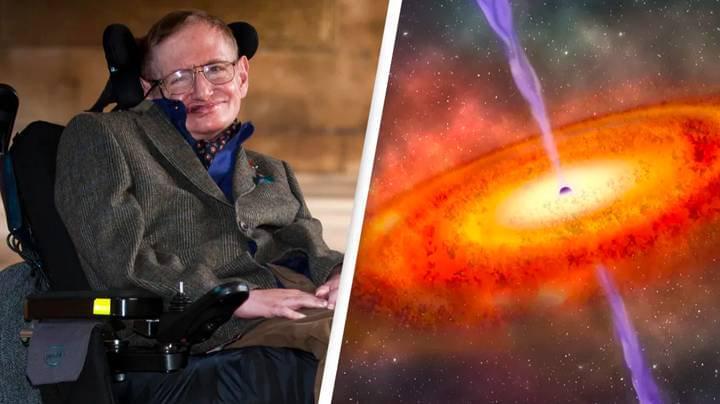
The ‘Hawking radiation’ emitted by black holes may be able to carry crucial information, a new study suggests. Scientists may have just found the solution to one of astrophysics most mind-boggling mysteries concerning black holes, also known as the ‘Hawking information paradox’. A study published in the journal Physics Letters B last month offers a resolution to a problem the late physicist Stephen Hawking was working on in his final years.
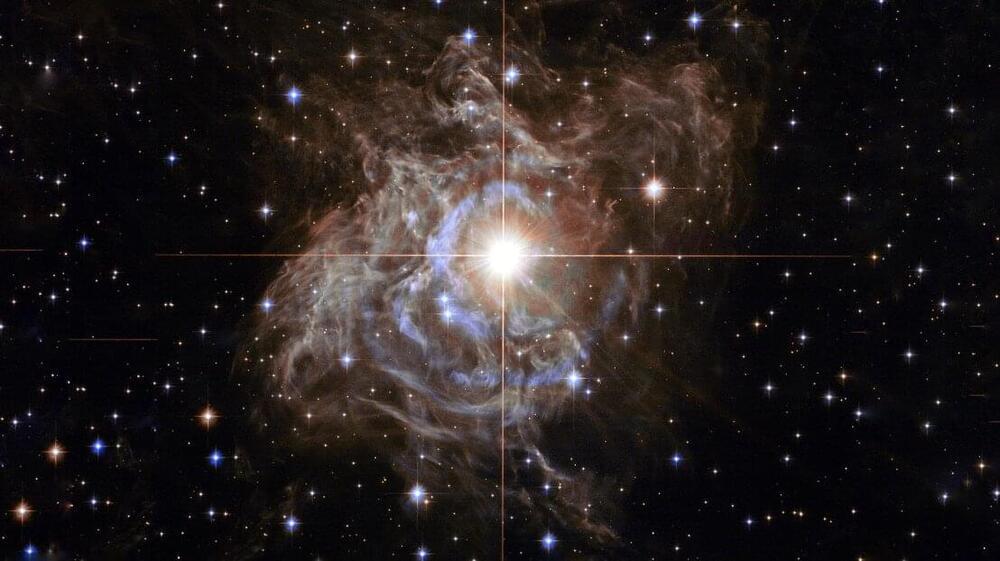
The universe is expanding, but how fast exactly? The answer appears to depend on whether you estimate the cosmic expansion rate—referred to as the Hubble’s constant, or H0—based on the echo of the Big Bang (the cosmic microwave background, or CMB) or you measure H0 directly based on today’s stars and galaxies. This problem, known as the Hubble tension, has puzzled astrophysicists and cosmologists around the world.
A study carried out by the Stellar Standard Candles and Distances research group, led by Richard Anderson at EPFL’s Institute of Physics, adds a new piece to the puzzle. Their research, published in Astronomy & Astrophysics, has achieved the most accurate calibration of Cepheid stars—a type of variable star whose luminosity fluctuates over a defined period—for distance measurements to date based on data collected by the European Space Agency’s (ESA’s) Gaia mission. This new calibration further amplifies the Hubble tension.
The Hubble constant (H0) is named after the astrophysicist who—together with Georges Lemaître—discovered the phenomenon in the late 1920s. It’s measured in kilometers per second per megaparsec (km/s/Mpc), where 1 Mpc is around 3.26 million light years.
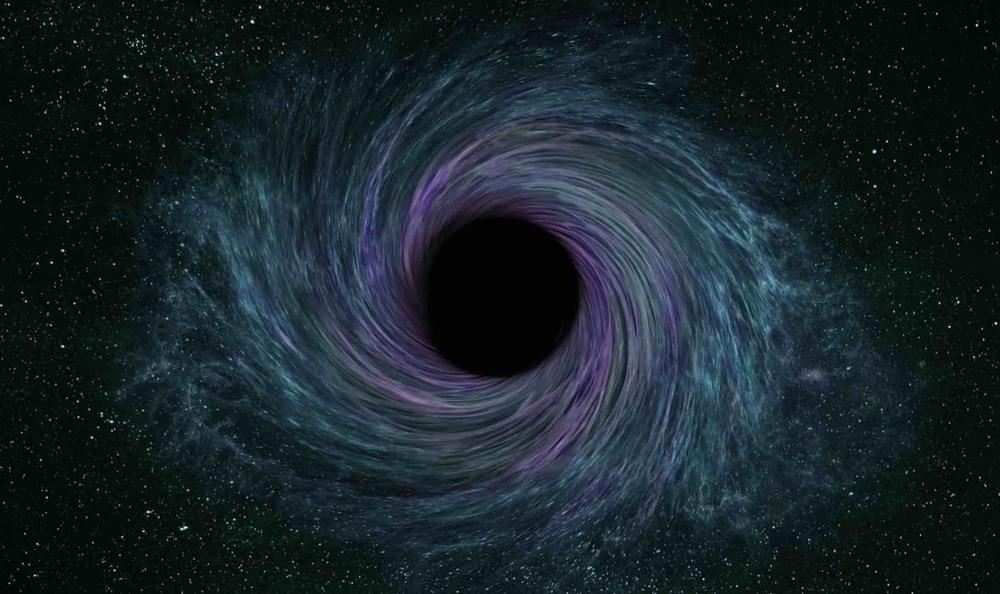
An artificial black hole produced using sound waves and a dielectric medium has been created in the lab, according to researchers with an international think tank featuring more than 30 Ph.D. research scientists from around the world.
The researchers say their discovery is significantly more cost-effective and efficient than current methods in use by researchers who want to simulate the effects of a black hole in a laboratory environment.
New York-based Applied Physics first achieved recognition with the 2021 publication of a peer-reviewed theoretical paper detailing the mathematics behind the construction of a physical warp drive. More recently, the organization published a method for using Cal Tech’s Laser Interferometer Gravitational-Wave Observatory (LIGO) to detect the use of warp drives in outer space, co-authored by Dr. Manfred Paulini, the Associate Dean of Physics at Carnegie Mellon University.